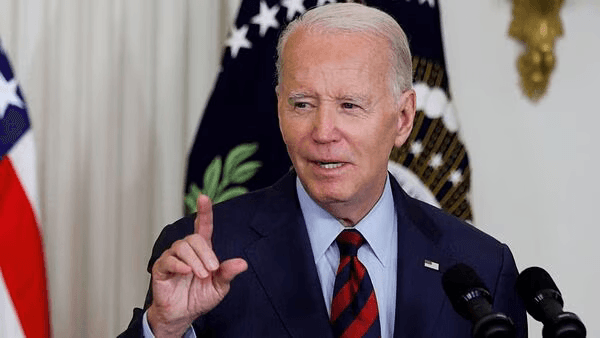Introduction
The Biden Administration’s recent announcement of the parole-in-place program marks a significant step towards supporting mixed-status families and addressing the challenges they face in maintaining their unity. This initiative aims to provide a pathway to work authorization and eventual green cards for undocumented immigrants who qualify, thereby alleviating bureaucratic obstacles and promoting family stability. This article delves into the details of the parole-in-place program, its eligibility criteria, potential benefits, and the implications for mixed-status families and the broader immigration landscape.
Background: Mixed-Status Families in the United States
Mixed-status families, comprising both undocumented and legal immigrants, constitute a sizable and growing demographic in the United States. These families often face unique challenges, including the fear of separation due to deportation, limited access to essential services, and economic insecurity. Traditional immigration pathways have proven cumbersome and time-consuming, leaving many undocumented members of mixed-status families in a state of uncertainty and vulnerability.
Understanding the Parole-in-Place Program
The parole-in-place program is a discretionary authority granted to the Secretary of Homeland Security to allow certain undocumented immigrants to remain in the United States temporarily and receive work authorization. It is designed to provide a pathway to legal status for those who meet specific criteria, such as having a qualifying family member who is a U.S. citizen or permanent resident.

Eligibility Criteria for Parole-in-Place
To be eligible for parole-in-place, applicants must meet the following criteria:
- Have a qualifying family member who is a U.S. citizen, permanent resident, or an immigrant with Temporary Protected Status or Deferred Action for Childhood Arrivals (DACA)
- Have continuously resided in the United States for at least three years prior to filing for parole
- Be physically present in the United States when filing for parole
- Be admissible to the United States (excluding certain criminal and security-related grounds)
- Pass a medical examination and background check
Benefits of Parole-in-Place for Mixed-Status Families
The parole-in-place program offers a range of benefits for mixed-status families, including:
- Increased Protection from Deportation: Undocumented immigrants who are granted parole-in-place are generally protected from deportation while their application is pending. This provides peace of mind and reduces the fear of family separation.
- Work Authorization: Parole-in-place recipients are eligible to apply for work authorization, allowing them to contribute to their families and the U.S. economy. This can significantly improve their economic stability and reduce the burden on their families.
- Pathway to Legal Status: After maintaining parole status for a certain period, eligible individuals may apply for adjustment of status to become permanent residents. This provides a clear path towards securing long-term legal status in the United States.
Addressing Bureaucratic Challenges
The parole-in-place program is particularly significant in addressing the bureaucratic challenges that mixed-status families often encounter. Traditional immigration pathways, such as family-based green cards, can be lengthy and unpredictable, leaving applicants in a state of limbo for years. Additionally, many undocumented immigrants are ineligible for traditional pathways due to their immigration history or other factors. The parole-in-place program provides a more accessible and timely solution for eligible individuals, reducing the burden of bureaucratic hurdles.
Implications for the Broader Immigration Landscape
The parole-in-place program has implications beyond its direct impact on mixed-status families. It signals the Biden Administration’s commitment to addressing the challenges faced by undocumented immigrants and promoting a more humane and just immigration system. The program aligns with the Administration’s priority of keeping families together and providing opportunities for those who contribute to American society.
Conclusion
The Biden Administration’s parole-in-place program is a transformative initiative that provides a pathway to legal status for eligible undocumented immigrants and promotes the unity of mixed-status families. By addressing the bureaucratic traps that have hindered traditional immigration pathways, this program offers stability, economic opportunity, and protection from deportation. The parole-in-place program is a significant step towards creating a more equitable and just immigration system in the United States.




